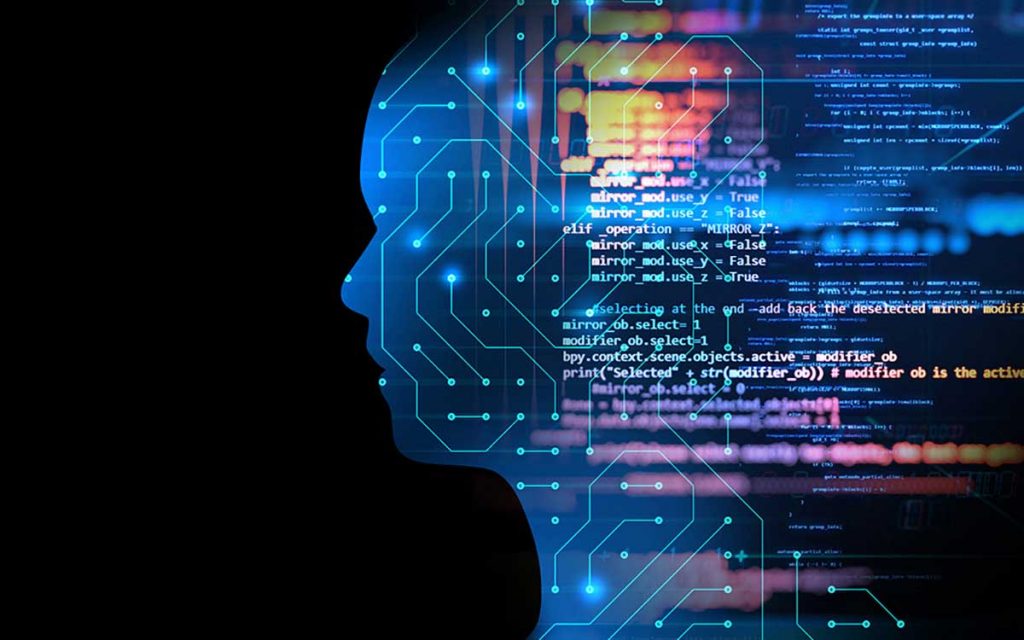Hearing aids may be small, but the technologies they utilize would have once filled an entire room and . Today, hearing aids utilize advanced technology that fits in your ear to treat hearing loss and help combat conditions such as tinnitus.
Digital technology
Modern hearing aids are digital, which means they don’t simply pick up sound, amplify it, and direct it into your ear. They use advanced computer technology to enhance sounds and optimize your listening experience.
Bluetooth technology
Hearing aids utilize Bluetooth® wireless technology to connect to your smart TV or specially-equipped sound system. This eliminates background noise and brings sounds directly to your ears.
Smartphone integration
You can use your smartphone to adjust the settings on your hearing aids or turn your smartphone into a microphone so you can hear more clearly in a restaurant. You can also stream music from your phone directly to your hearing aids. There are many ways your smartphone works with modern hearing aids.
The Internet of Things
The Internet has significantly changed our world.
The Internet of Things (IoT) is the concept of connecting devices embedded with sensors, software, and other technologies to the Internet so they can communicate with each other and exchange information.
A Fitbit activity tracker is a common IoT device. These devices can track your sleep, exercise, and heart rate. They communicate health information to a secure website that only you have access to. You can share this data with your doctor to develop a personalized healthcare plan.
Some hearing aids can track your health information the same way a Fitbit does. Furthermore, hearing aids can be connected to the Internet to notify your family, or emergency services, of a fall or accident, similar to an alert pendant.
Machine learning
Machine learning is a type of artificial intelligence that allows a computer to learn from the data it collects from its environment. The computer then analyzes the data and uses it to enhance how it functions. Machine learning is already being used in hearing aids. It allows them to adapt to your unique needs since hearing aids utilize advanced technology nowadays.
Hearing aids with machine learning use the data they collect to help you hear clearly in a variety of settings. The longer you wear the hearing aids, the better your hearing experience becomes.
In addition to being able to notify your family in case of an emergency, hearing devices with machine learning capabilities can detect unusual behavior. The hearing aids use this knowledge to identify when you may need assistance, which can help people who wear hearing aids remain independent as they age.
Machine learning paints a sound landscape
What if hearing aids could battle noise pollution, solve traffic problems, and improve how we transport people, food, and products?
Scientists are suggesting we crowdsource information to help solve these issues and improve our communities. Crowdsourcing is when a large group of people works together to accomplish a shared goal. Examples include when volunteers clean up your local park or when a fund is established to help a sick child’s family pay medical bills.
Today, many people use social media to organize these efforts. How would hearing aid wearers crowdsource machine learning?
There are millions of hearing aid wearers around the world. In the future, hearing aid manufacturers could program hearing aids with new types of machine learning technology. The hearing aids would then collect sound information – with your permission, of course – from the various places you visit, including:
- national parks
- golf courses
- museums
- shopping malls
- grocery stores
Analytical programs would process this data to create a sound map, which would allow you to see the noise levels in different areas in your area. If enough hearing aids utilize advanced technology we would be able to pinpoint the noisiest times of the day and year in different neighborhoods.
City planners could use this data to redirect traffic patterns and reduce congestion. They could also design future improvement projects that would reduce noise levels in neighborhoods and recreational areas.
This would lead to a better understanding of where people are being exposed to the most harmful or annoying noise. Health organizations, occupational groups, and city planners could then work together to diminish the harmful noise that contributes to high rates of hearing loss. This could become a reality in the near future as hearing aid technology progresses.
Are you getting the most out of your hearing aids? Afre you suffering from tinnitus? You may already have these technologies at your disposal and not even realize it. Talk to a hearing specialist about the new hearing aid technology available today.



